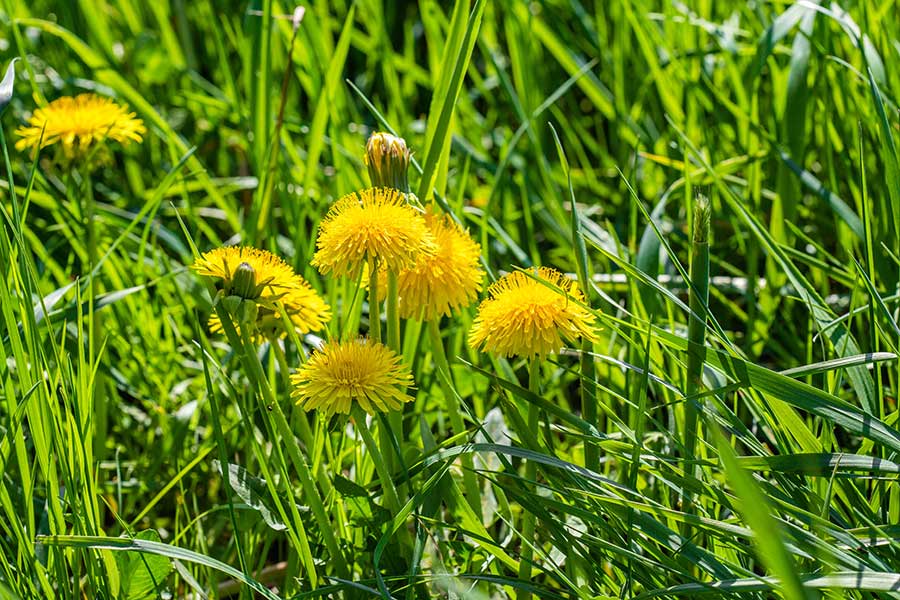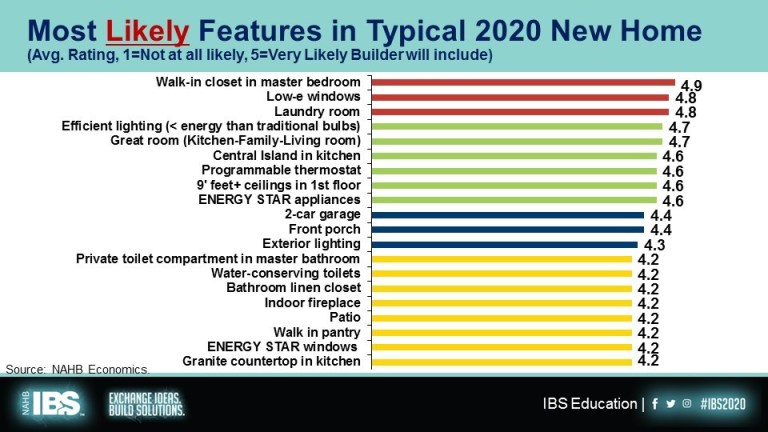
As a homeowner, maintaining a lush and vibrant lawn is often a top priority. However, the persistent presence of weeds can be a relentless obstacle to achieving that goal. Weeds not only detract from the aesthetic appeal of your yard but also compete with your plants for essential nutrients, sunlight, and water. Fortunately, there are effective strategies for weed control, both with and without the use of chemicals. Let’s explore some methods to keep your lawn weed-free and thriving.
Natural Methods
- Hand Pulling: For isolated weeds or small patches, nothing beats the old-fashioned method of hand pulling. Grabbing the weed at its base and gently pulling upward can effectively remove it, roots and all. Be sure to pull weeds before they flower and set seeds to prevent further spread.
- Mulching: Applying a layer of mulch around plants and in garden beds can help suppress weed growth by blocking sunlight and preventing weed seeds from germinating. Organic mulches such as wood chips, straw, or leaves not only inhibit weed growth but also enrich the soil as they decompose.
- Boiling Water: Boiling water is a simple yet surprisingly effective weed killer. Pouring boiling water directly onto weeds will scald and kill them, effectively eliminating them without the use of chemicals. Exercise caution when handling boiling water to avoid burns.
- Vinegar Solution: Household vinegar, with its high acidity, can be a potent weed killer. Mix vinegar with a small amount of dish soap and water, then spray it directly onto weeds. The acidity of the vinegar will damage the weed’s foliage, causing it to wither and die.
- Corn Gluten Meal: This natural byproduct of corn processing serves as a pre-emergent herbicide, inhibiting the germination of weed seeds. Spread corn gluten meal over your lawn or garden beds in early spring before weeds have a chance to sprout.
Chemical Methods
- Selective Herbicides: Selective herbicides are formulated to target specific types of weeds while leaving grass and other desirable plants unharmed. Herbicides containing ingredients like 2,4-D or dicamba are effective against broadleaf weeds commonly found in lawns, such as dandelions and clover.
- Non-Selective Herbicides: Non-selective herbicides are designed to kill all vegetation they come into contact with. These are best suited for areas where you want to completely eradicate all plant growth, such as driveways, sidewalks, or gravel paths. Glyphosate is a widely used non-selective herbicide effective against a broad spectrum of weeds.
- Pre-Emergent Herbicides: Pre-emergent herbicides create a barrier in the soil that prevents weed seeds from germinating. Apply pre-emergent herbicides in early spring and again in late summer to prevent weed growth throughout the growing season. Common active ingredients include prodiamine and dithiopyr.
- Systemic Herbicides: Systemic herbicides are absorbed by the weed and then transported throughout the plant, ultimately killing it from the inside out. These herbicides are effective against perennial weeds with extensive root systems. Glyphosate is a systemic herbicide widely used for both pre- and post-emergent weed control.
Effective weed control requires a combination of strategies tailored to your specific needs and preferences. While natural methods offer environmentally friendly alternatives, chemical herbicides can provide rapid and thorough eradication of weeds when used responsibly. By incorporating these methods into your lawn care routine, you can achieve a weed-free yard that’s the envy of the neighborhood.




